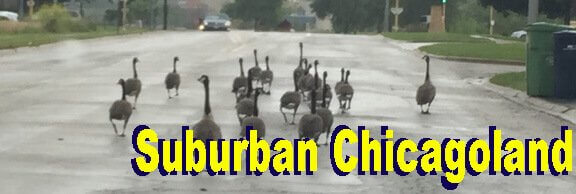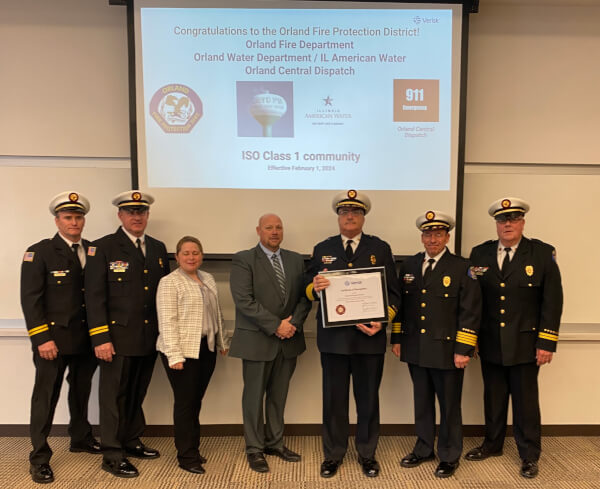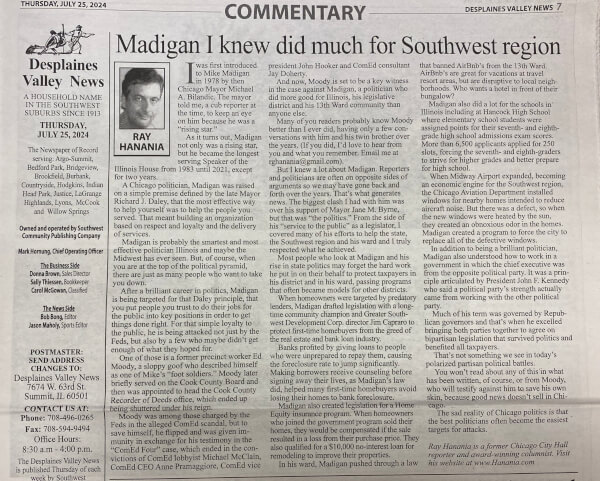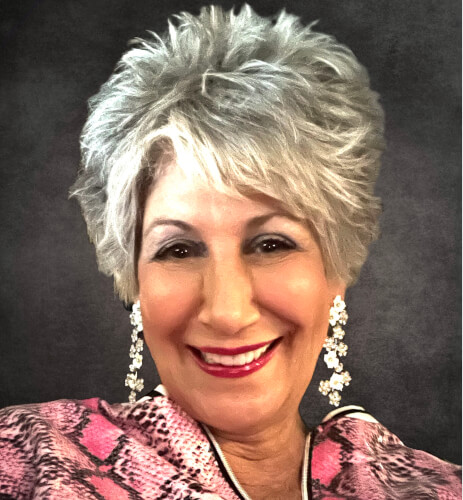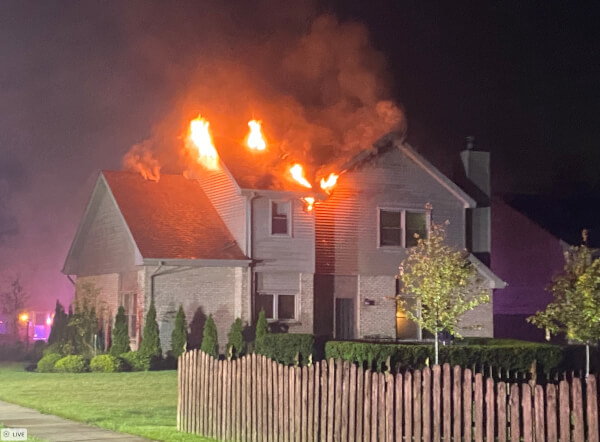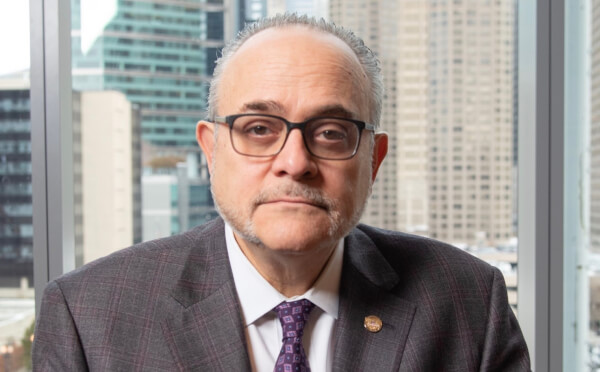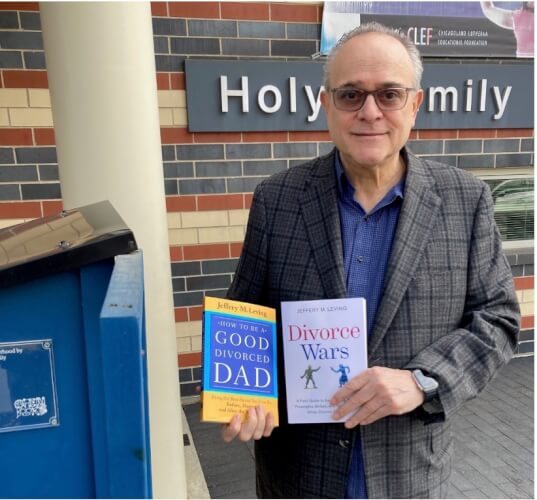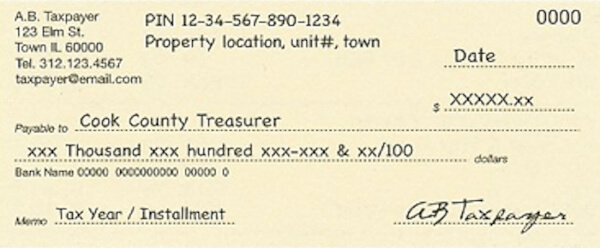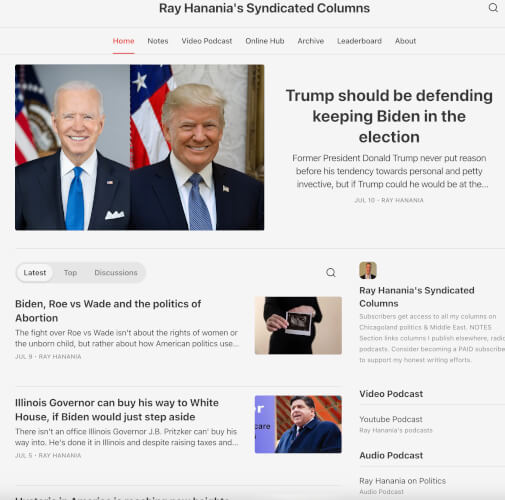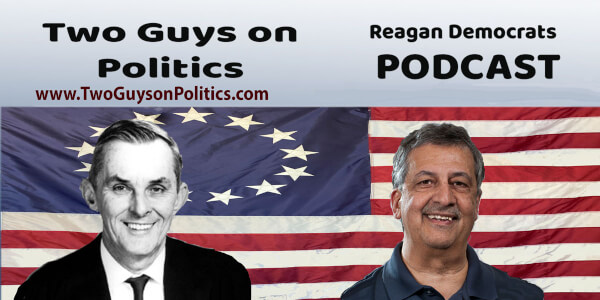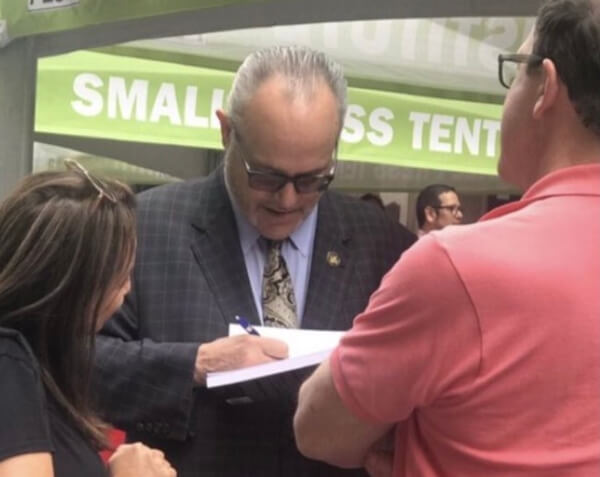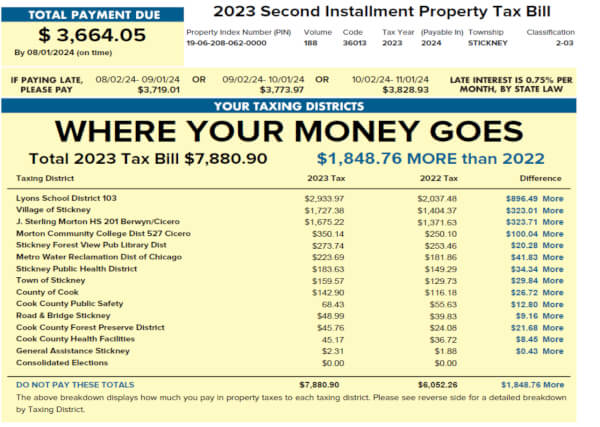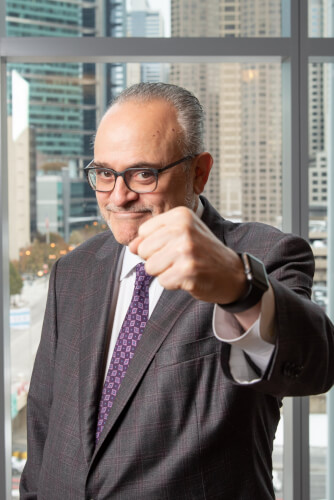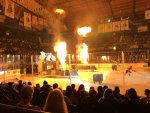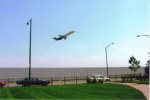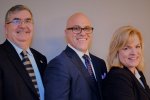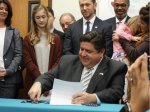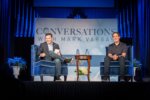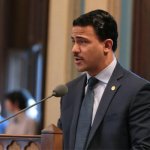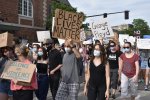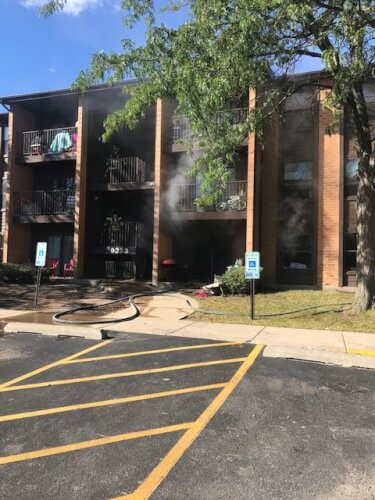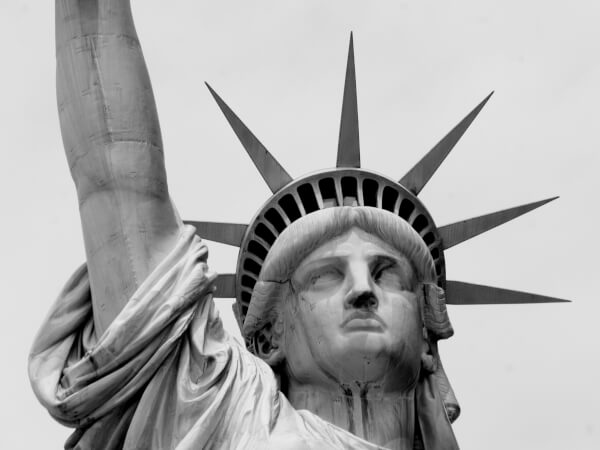Remembering our fathers and the past
The story about my father, a proud immigrant from Palestine who came to America in 1926 to get away from the religious hatred that plagued Christians, Muslims and Jews. He loved America. Fought to defend America enlisting right after Pearl Harbor with his brother, and taught his children to respect this country and its laws. He believed in putting America first, learning the English language and living as Americans. These are things that many of today’s generation have forgotten.
By Ray Hanania
In commemorating my late father this week for Father’s Day, I posted this on my Facebook Page to share my feelings of what a fair and decent man my dad was.
I want to share it here because I know not everyone uses social media.
I wish I got to know my dad better. He died a few months after I turned 17. He had an exciting life and I wish I could have interviewed him.
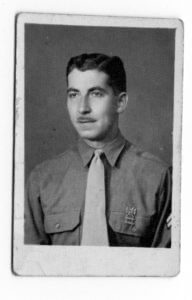
He left Palestine in 1926 on a Palestine passport (the Israelis say doesn’t exist, but that I have) after another older brother Yousef drowned at the Jerusalem quarry. Each religious group was separate, Jews, Christians, Muslims, and no one would help him because they all thought he was the “other” religion, according to the British mandate police report.
Sickened by the hatred on all sides, dad left to live with Moses in Chicago on north Clybourn in Lincoln Park. Moses worked as a chef at Rolling Green Country club – a long haul each day from Lincoln Park. He and his older brother Moses enlisted right after Pearl Harbor.
I have letters my dad wrote during the war. He married right after the war but his wife, Walbert Mueller, died on Christmas Eve giving birth to my older brother. Walbert was German American but they hated the Nazis and she served during the war too, where they met.
Moses came to Chicago earlier, encouraged by my grandfather (Hanna Mousa) who, as a young person, traveled to Chicago during the 1893 World Columbian Exposition to sell Middle East trinkets. He traveled a lot as a salesman.
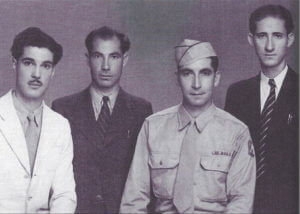
George John Hanania, born in 1901 in Jerusalem, was a good person. He worked at Sinclair Oil Company until they cut him loose rather than give him a pension. Northern Trust was even worse, firing him when he turned 67. He spent two years unemployed and mom had to work at Solo Cup.
Dad died in August 1970 at Christ Hospital.
Dad was always working. He always wore a grey fedora, grey camel hair coat, sharply pressed white shirts and a thin black tie. He brought a small bag of peanut brittle home on Fridays after taking the Jeffery Avenue bus to and from downtown. We’d wait for him at the corner of the block on 89th and Luella until we’d see him in the distance getting off the bus at Calumet Park, rebranded today Jesse Owens Park I think, at 89th and Jeffery.
He worked on the weekends but on Sunday after church he’d relax wearing a white t-shirt — I don’t know what else to call it but a “dago T” or “a wife-beater” t-shirt. Those are not appropriate words today, but that’s what they were called back then.
Dad smoked Camel non-filter cigarettes.
I remember once when I was 5 or 6, the Good Humor truck came by and he bought an ice cream bar for a dime — probably a mercury dime— and he used a knife to cut it into three parts for my brother, my sister and for me.
Every Sunday we’d pick up his sister Ellen and we’d drive to his brother’s house, Uncle Khamis, and we’d hang out as one big family … sometimes we’d go by Ellen’s house, and sit with her and my uncle Joseph Shalabi — he was Muslim and she was Christian, causing a real scandal at the time.
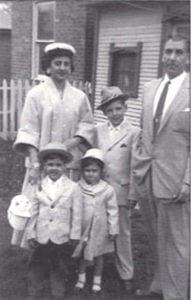
Even though we didn’t have a lot of money, my dad often paid the immigration fees for friends he knew in Palestine who were escaping the problems in Israel that Arabs faced to help them settle in America and then help them find an apartment and a job. He loved his brothers and sisters.
It wasn’t easy being Arab in America … no one fought for us to fight the racism we faced from all sides.
But he loved this country no matter what and was proud to make English his first language … he wanted us to speak English and didn’t want us to speak Arabic so we’d be Americans. He loved Arabic but thought it should be spoken in Palestine and Arab countries.
He looked like Humphrey Bogart. Always in a suit and tie. Always respectful of others. Always helping others. Always put out the American flag but always remembering his home that was destroyed in Palestine.
